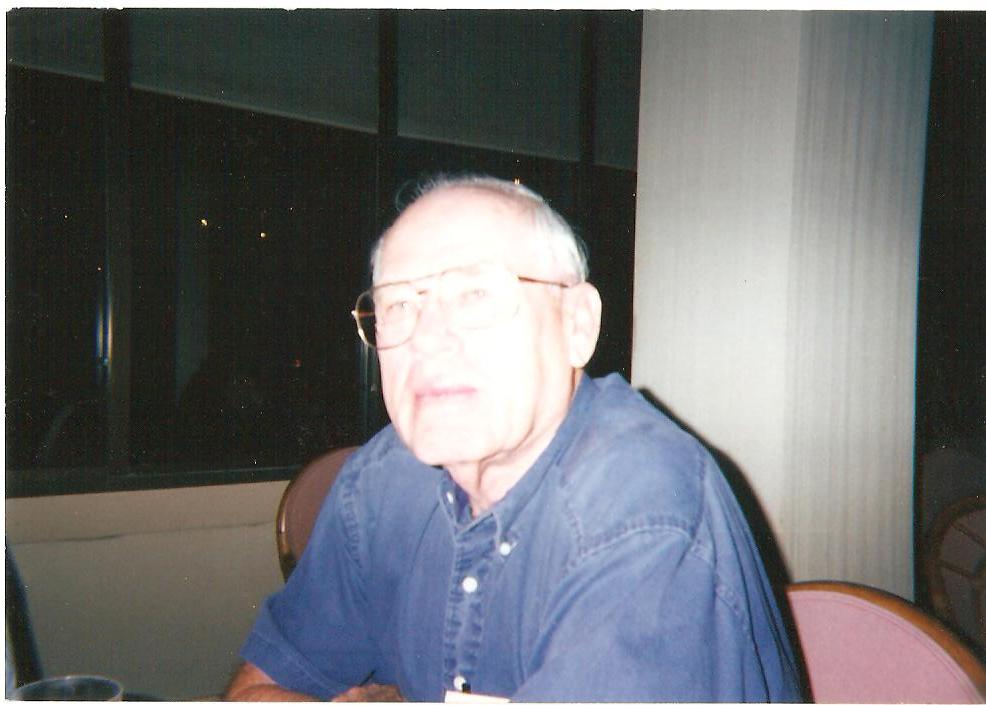TRANSCRIPTION
How old were you when the Great Depression began?
I was six years old at that time.
Could you describe the house you lived in as a child, in terms of its size, layout, and condition? It is my understanding that the average house was somewhat smaller than today's houses.
It was 409 Barrera St. in San Antonio, TX. Had eight rooms. It was big! My grandfather built it in around 1891. Both my grandfather and grandmother lived in it. At that time whole families could live in one house. My three uncles, my mother, and her sister were born in it. Both my brother and I were born there as well. It is where my grandmother and grandfather passed away.
Your grandfather, is this the one that owned the Bull Brother's Saloon earlier?
Yes, that's right. His name was Harry Gilham Bull and his brother Charley Bull built the saloon around 1885. It was located on Commerce Street, and is now owned by Caso Rio Restaurant. In 1900 they moved the business to a building near Alamo Plaza and had it until they closed them down due to prohibition. Harry Bull married my grandmother in 1891 and built the 8 room house on Barrera St.
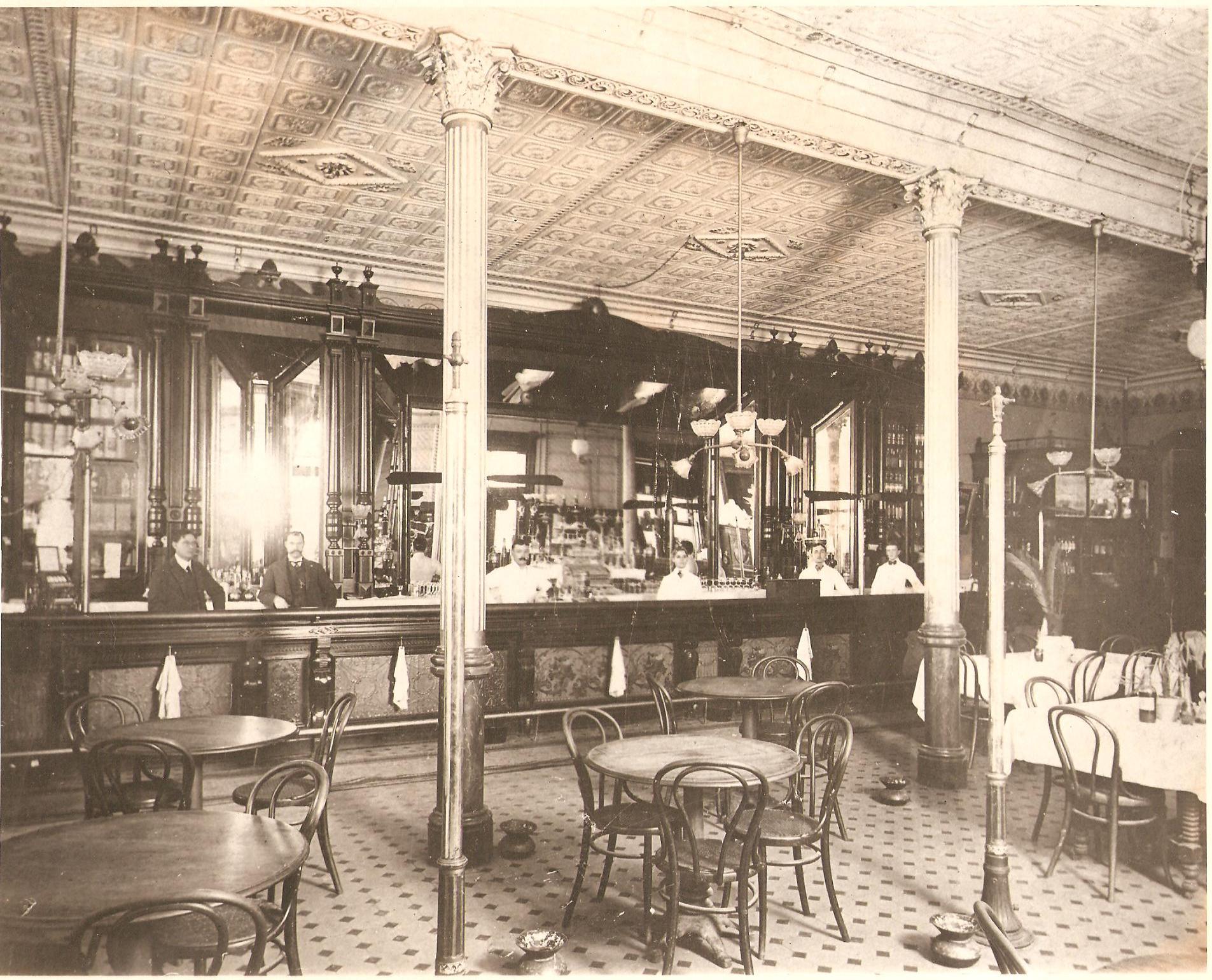 Tell us about the average family income? Such as who worked and how much they brought home?
Tell us about the average family income? Such as who worked and how much they brought home?
My grandfather owned seven rent houses. My mother worked at Montgomery Ward's and earned about $12 dollars a week. But you see that was a lot of money back then. The rent houses couldn't have brought in more than $20 to$25 dollars a month, per unit. Soldiers from Brook's Air force Base would rent them out and being young and rowdy, often used their rent money for drinking or whatever. So I would go with my grandfather to see their commanding officer and the next day, they had the money to pay. But you never knew if anyone could pay the rent, because of the economy. It was touch and go you know.
Please describe a few of your average family expenses?
We could live off of the $12 dollars that my mother made from working at Montgomery Wards. I remember that coffee was 23 cents and butter was 33 or 34 cents a pound. I will say we didn't have anything too extravagant. (Laughing) Getting a soda was a real treat for us. At $12 dollars a week and living with my grandparents, it afforded us some level us security, but not necessarily any kind of luxury. Although, not even people with money had luxury at this time.
As kids, what things did you and your brother do for fun? Since we understand you couldn't have any expenses that were not of the absolute necessity.
Oh, let's see, my brother and I used to go into the garage and play with the car. We did all kinds of things to it. We would sometimes take it apart and then put it back together. You know because we really didn't have anything else to do. We would also turn on the ignition, not start it because then our parents could hear us, and we would just roll it back and forth in and out of the drive way. (Laughs) We must of put 500 miles on that car just in the drive way. (More laughs) We would also smoke cedar bark.
Cedar bark, what's that?
It is just cedar bark of telephone poles rolled in newspaper that all the kids around town would smoke. All of the telephone poles you would see would be stripped bare.
Why did you do this, I mean due to the fact that it was cheap/ did you smoke before?
No, it was just something to do.
So tell me, once you became a little older, what was life like for you, did you have a part time job? What are your thoughts about the work you did?
When I got older I worked at Handy Andy on the weekends and got $2 for that. Also during the summer I worked at Handy Andy's chicken factory plucking chickens. I think what was always on my mind was whether I was going to be able to get a job or not. I will say the depression taught me a great deal about respecting and saving money.
You joined the army right after high school. Was this due to the poor economy and lack of work?
No, I was drafted. (Chuckling) The war took the country out of the depression. Everyone had to go to work and a high percentage of the men were in the military. Jobs for everyone, supplying the war needs. Even women taking on trades as welders and riveters. A common phrase or name for women in the factory at that time was Rosie the Riveter.
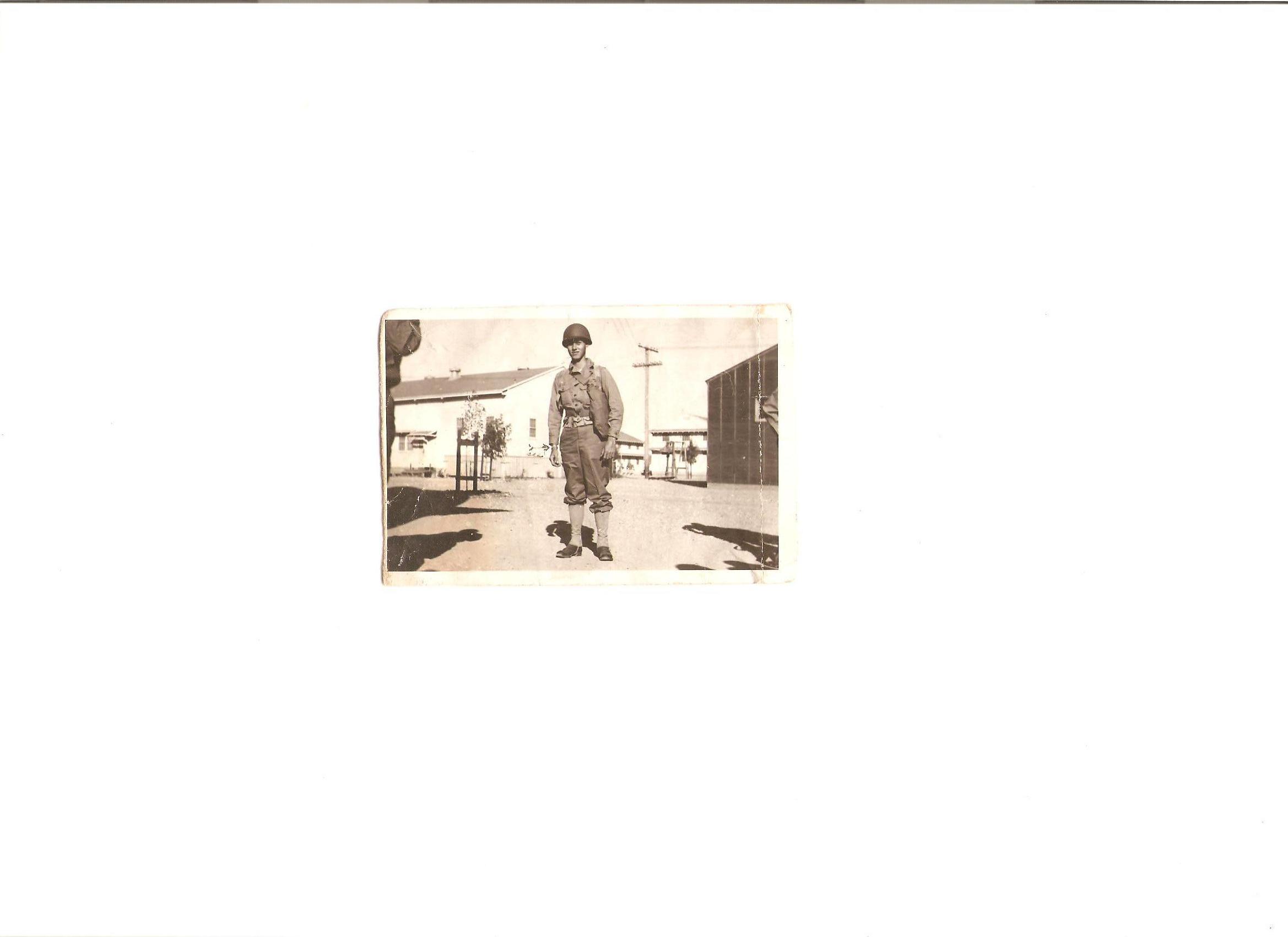
Jean Duman, at that time, and yourself, married when you were both very young. What ages were you and could you tell us what roles did you each of you take on within the marriage?
I was 21 and Jean was 20. Nobody could find jobs at that time, but most women predominately stayed at home, at least until the war. The war really changed the role of women from being primarily homemakers to going into the workforce.
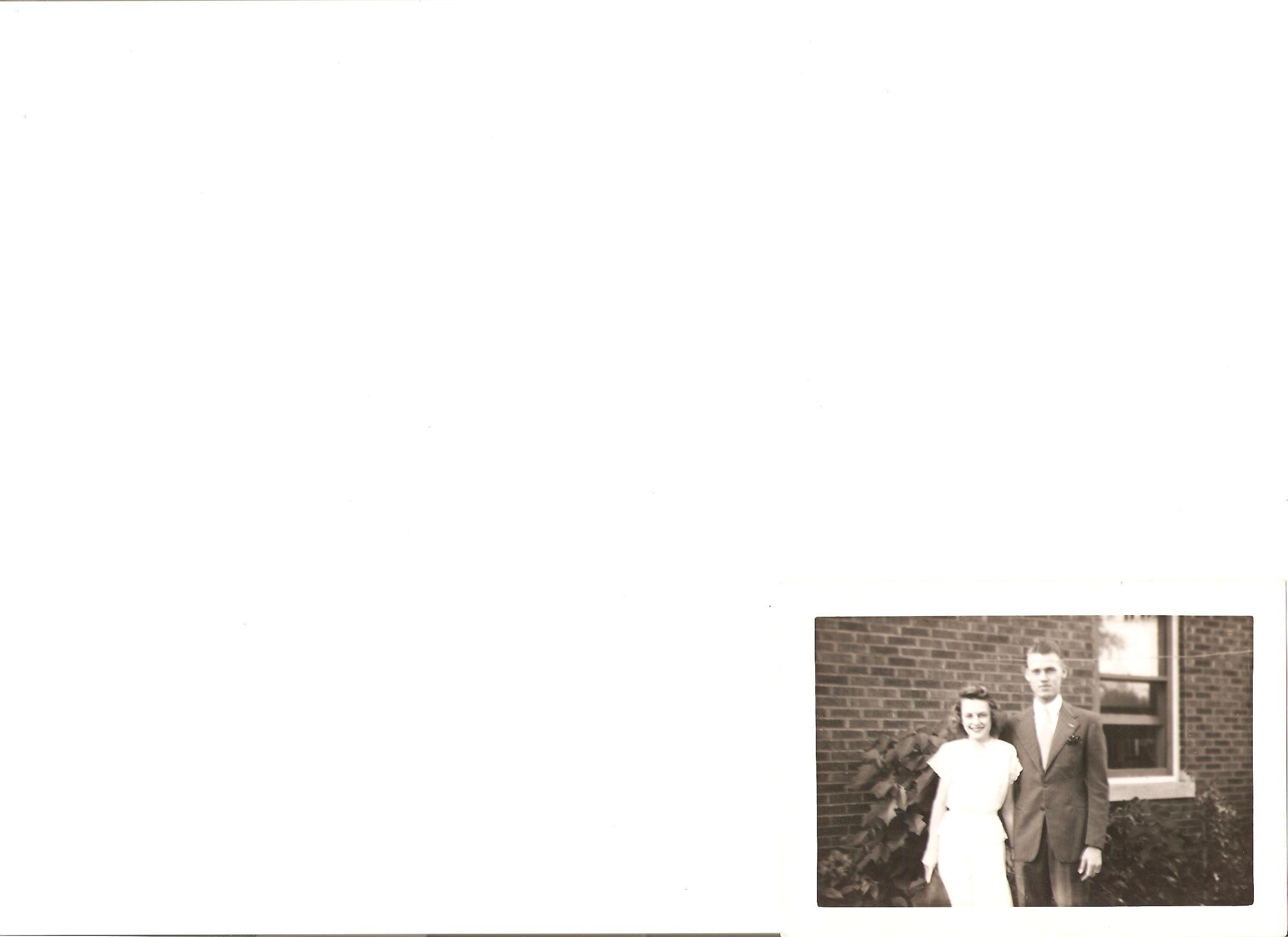
How did you see the challenges of the Great Depression affecting the local San Antonio area?
San Antonio faired a lot better than the northern cities did. All the factories that were in the north were closed down. San Antonio was hit hard though, don't get me wrong.
So what were the major industries/business that kept S.A. at least partially afloat?
Retail and Real Estate. The biggest was probably the military bases, being the most productive business in the city.
What did you hear in the news of other regions in the U.S. or Texas, in terms of challenges the Great Depression was having on people, that varied from local new/events in which you were aware?
The north and north east were hit the hardest, where the manufacturing was. It was pretty common for people to just pick up and go traveling, looking for a job. Then Kansas and Oklahoma suffered a lot from the Dust Bowl.
What are some other events that you remember going on during that time, Such as other family's challenges or events outside of your immediate family?
I remember that the hobos or, I'm not sure what you would call them, would get off the train and figure out what houses would feed them. Then they would mark on the curb of the houses that fed them so others coming off the train would know which houses go to. I also remember the CCC camp,the Civilian Conservation Corps, it sent young men who had to be 18 years old out to work for the government on roads or maybe working in the mountains. On a more personal level, Angie Hanas's son (a neighbor at that time) worked for the San Antonio City, he was laid off and never found another job throughout the depression. My uncle had a candy store and lost the business due to the economy. There were many others, you just had to walk around the neighborhoods to see how bad it was.
Was there a lot of crime or stealing from other people during the depression that you were aware of?
No, no. Of course there are always thieves. But people were different back then. Jean Paris comments, "people looked out for each other better". We never locked the house up and left the windows wide open.
What lasting effect has your childhood experiences from this time period had on you during adulthood?
Both begin by saying, "to be very fragile with your money". Stanley Paris Sr. continues, "Although through the period I've made many mistakes, I've learned through my mistakes. At which it had benefited me to accomplish what we have. May God bless this country".

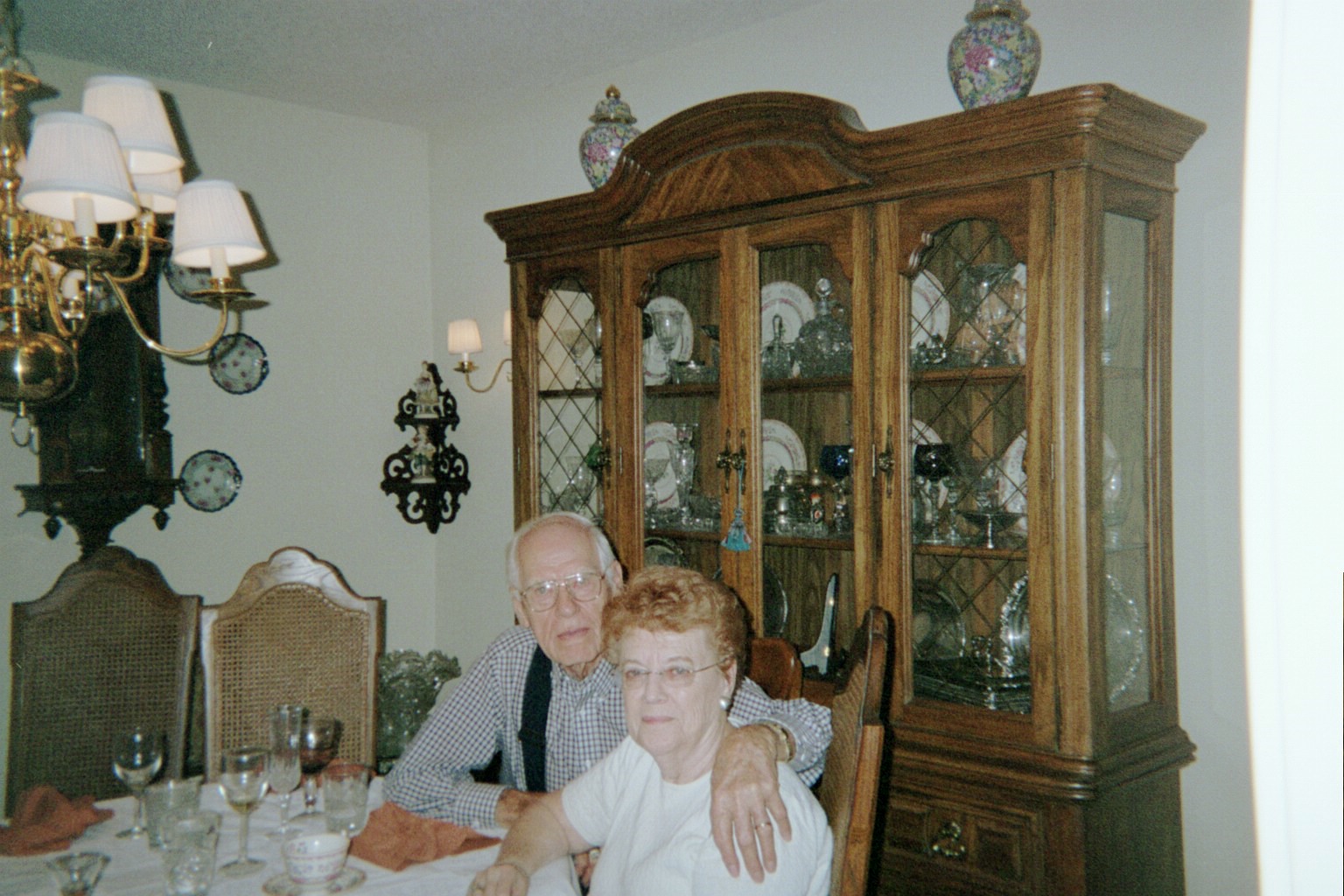
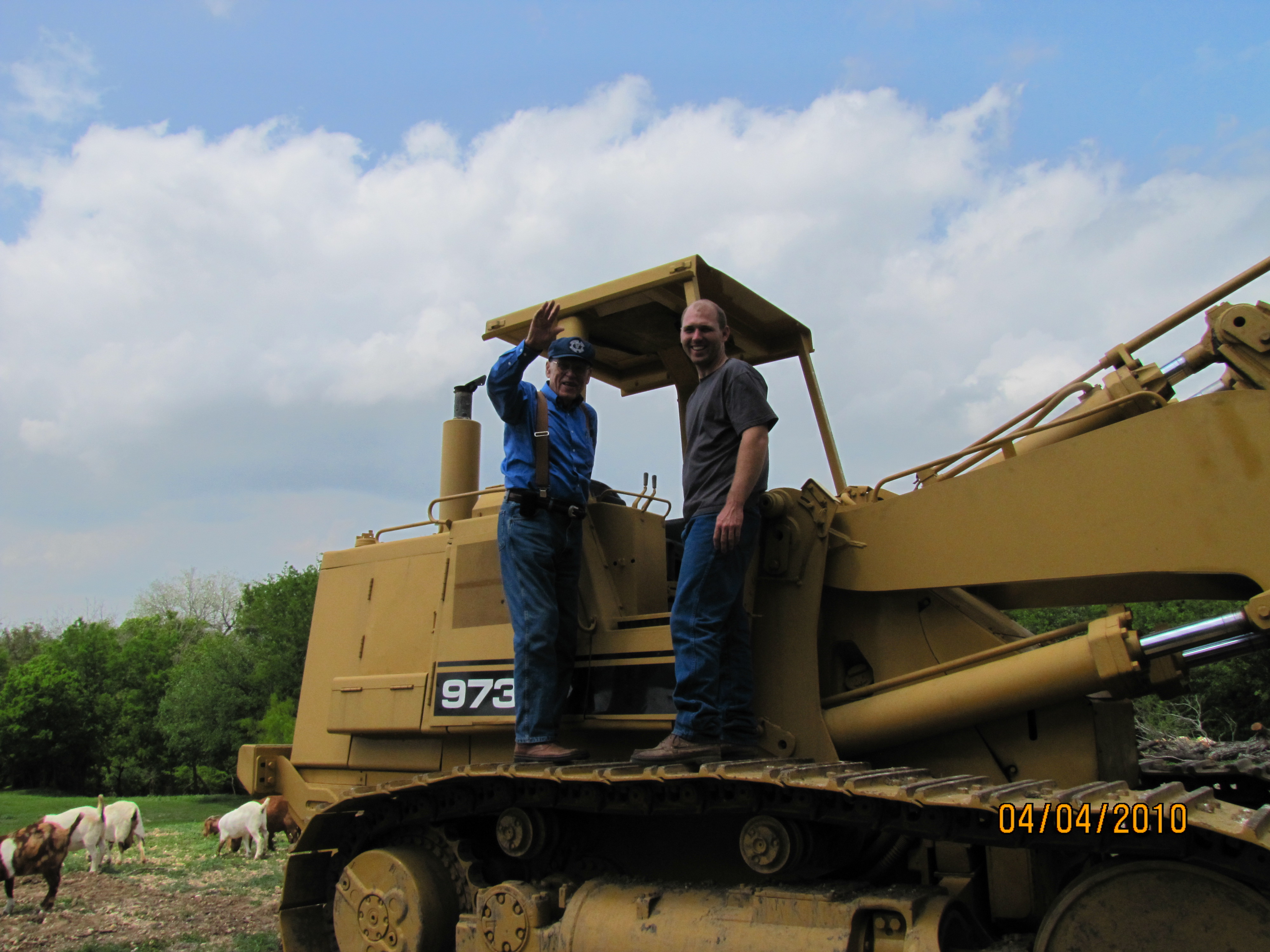
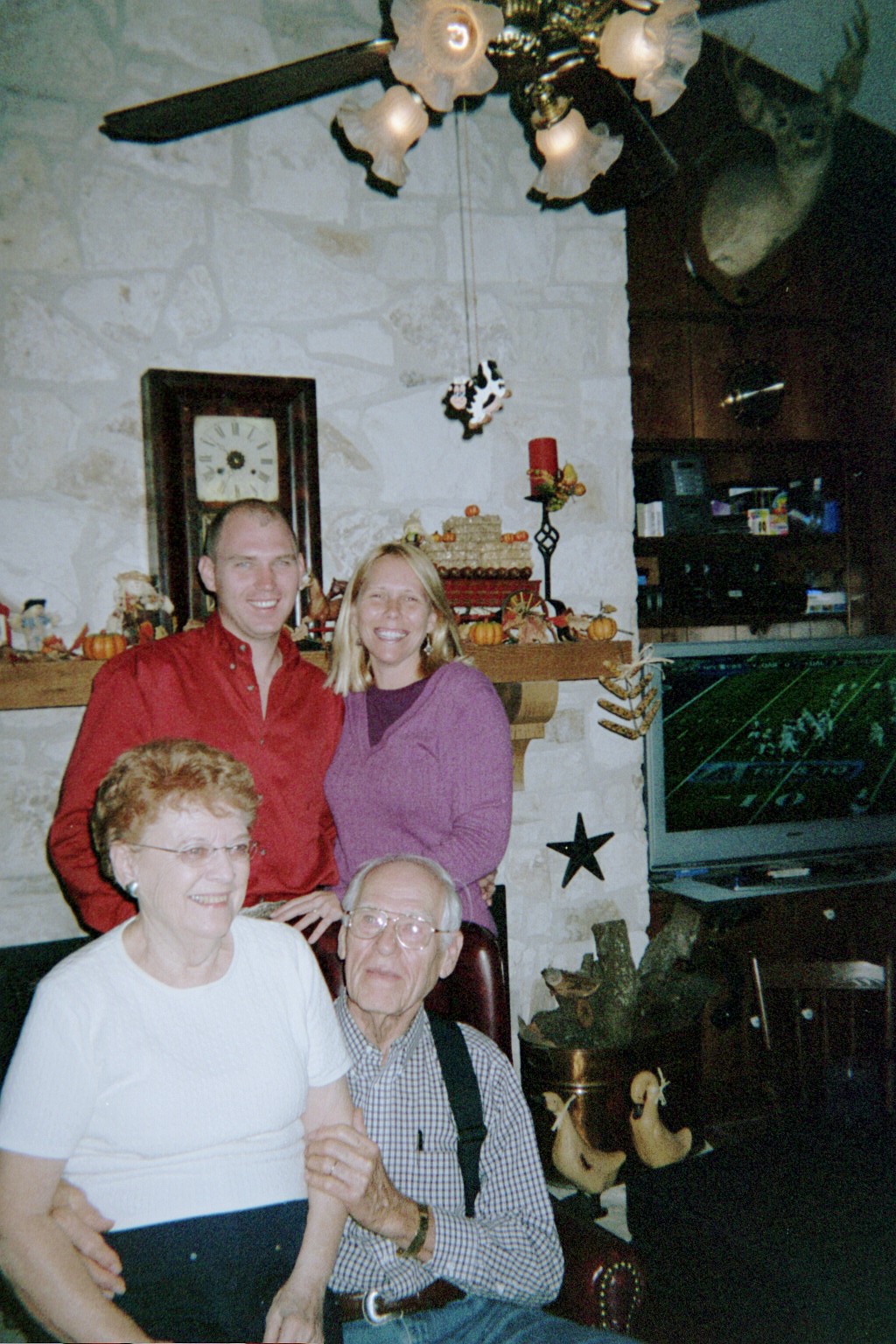
ANALYSIS
Well, I like to begin by stating that Mr. Stanley Paris Sr. and Mrs. Jean Paris are my grandparents, both for whom I have an enormous amount of respect as well as gratitude. Studying history can not only be fun, but also entertaining, as it should be. That being said though, history should also be researched and analyzed with a purpose in mind. So continuing with that thought, there are a few intriguing aspects that one has to ask when reviewing the above interview, which I will discuss.
My grandfather, looking back, has the objectivity to be able to realize that during the time period of the Great Depression, even though everyone may have felt that every other person besides them probably had more money that they, this was typically not the case. Much like the saying, "the grass is always greener on the other side". However, we all know that this human illusion many times, if not always, proves to be false. So why do I bring this up? Because through doing these oral history reports it is important to realize that we are focused on the individual. The reporting is to allow the researcher or reader to have an understanding of the feelings or state of the local individual during this economically challenged time period. As we have all studied the Great Depression in school from a national or wide standpoint, doing these reports in a more localized region, allows us to look at it from a more humanistic and relatable view. However, it also gives us the opportunity to compare and contrast personal accounts for other localities as well. What may be true for an individual in San Antonio, Texas during the Great Depression may not hold true for a couple in Washington State, or South Carolina, Georgia during the same time period. Essentially, this analysis will hopefully lead to a better understanding of our history and ultimately give us a guide to assist in improving our global society in the future.
It is an interesting note, that when you look the commitments of the time period, both personal and professional, they seemed to be taken to heart to a much higher degree, when compared them to today's standards. Both of my grandparents in the interview talk of a much higher degree of trust and caring within American society at that time. Keep in mind; the environment during this time period does not suggest a type of environment that would put individuals in a state of mind that is conducive in promoting kindness, but rather pushing trends of survival of the fittest perhaps. However, my grandparents saw the former. So we could question is this due to area within San Antonio in which they lived, was the economy "good" in San Antonio compared to the national scale, or perhaps it was personal optimistic bias on the part of my grandparents. I don't have the answer. Although assuming the degree of respect towards others was better during early 20 century on an overwhelming national level, this, once again leads us to a question. As a society where our standard of living and overall life has "improved" so drastically, why do older generations who lived through much more difficult times, see a decline in caring and respect for one another in our present day modern society.
TIMELINE
- 1924 Stanley Paris Sr. is born in San Antonio, Texas.
- 1939 Starts high school at Central Catholic H.S.
- 1942 Graduated from Central Catholic H.S.
- 1943 Drafted into the Army Infantry.
- 1944 GI Bill comes into effect.
- 1944 Discharged from Army due to injury.
- 1944 Begins work at Monroe Calculating Company.
- 1945 Stanley and Jean Duman are married in San Antonio.
- 1948 Stanley Paris Jr. is born in San Antonio.
- 1952 Lynn Paris is born in San Antonio.
- 1959 Stanley and Jean Paris begin to invest in real estate.
- 1985 Last house is built on the north side of San Antonio.
- 1985 Stanley Paris Sr. retires from Monroe Calculating Company.
- 1990 The couple joins the Early Ford V8 Club.
- 2001 The couple buys a 1946 Ford convertible and completely restores it at home.
ANNOTATED WEBOGRAPHY
Return to Oral History Projects
